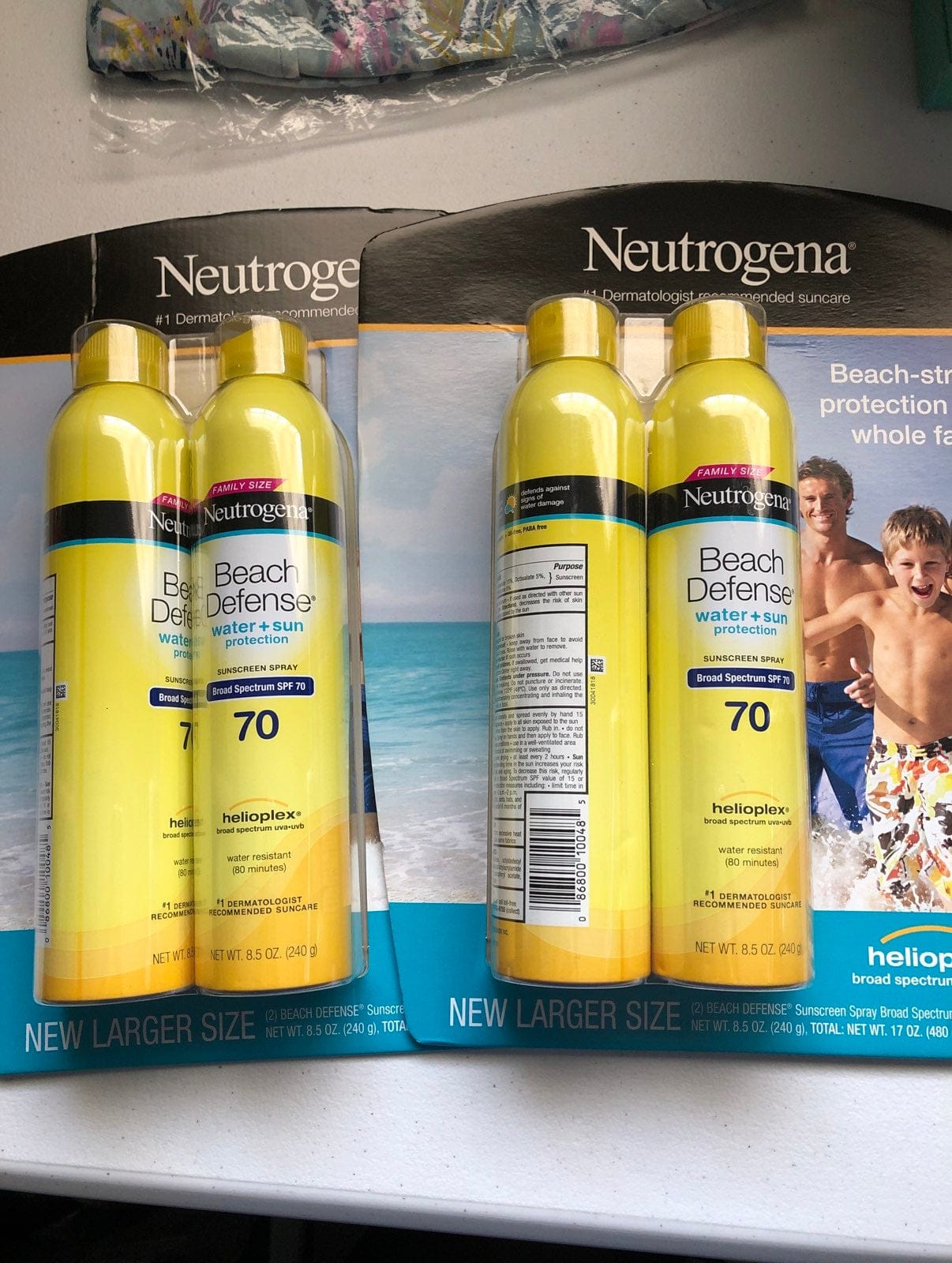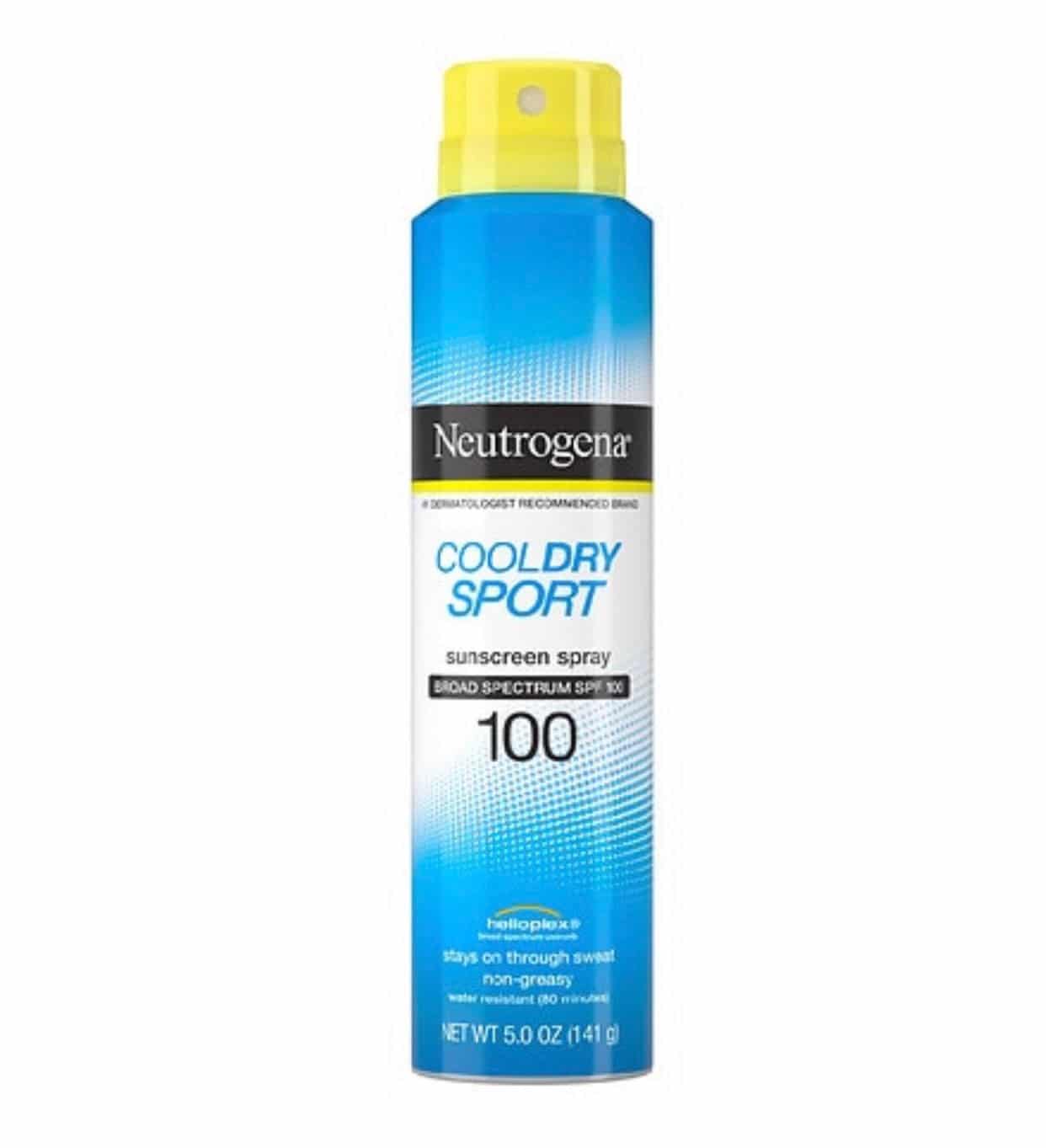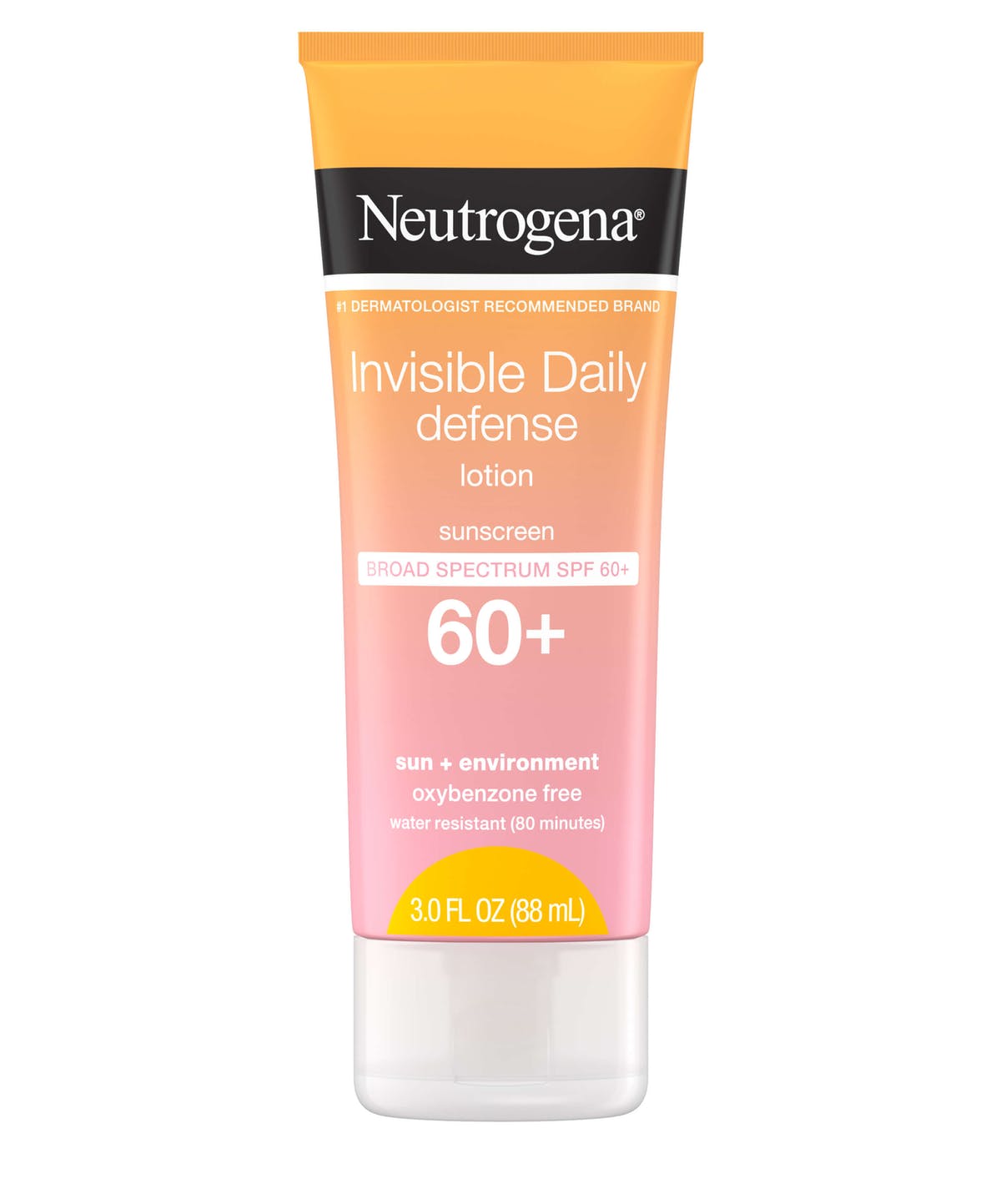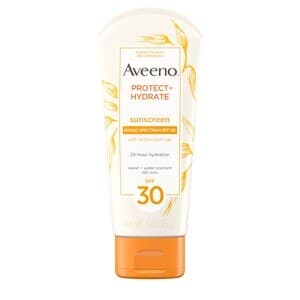You may be entitled to compensation by filing a Sunscreen Lawsuit and our lawyers can help. Please click the button below for a Free Neutrogena Sunscreen Lawsuit Evaluation or call our law firm toll-free 24 hrs/day by dialing (866) 588-0600 for legal advice.
Table Of Contents
- Benzene Sunscreen Lawsuit 2026 Overview
- Latest Benzene Sunscreen Lawsuit 2026 Updates
- FDA Reports and Statistics
- Benzene Sunscreen Injuries & Side Effects
- Do You Qualify for a Benzene Sunscreen Lawsuit?
- Benzene Sunscreen Recall Information
- Statute of Limitations for Benzene Sunscreen Lawsuits
- FAQs
- 1. How do I know if my sunscreen contains benzene?
- 2. What should I do if I’ve been using a recalled sunscreen?
- 3. Can manufacturers be held accountable for other defects found during the sunscreen recall?
- 4. What legal options are available if a loved one was harmed by recalled sunscreen products?
- 5. What types of cancer are most strongly linked to benzene exposure?
- 6. Can I still join the lawsuit if I experienced mild issues with the recalled sunscreen products?
- Get Your Free Sunscreen Cancer Lawsuit Evaluation With Our Lawyers
Benzene Sunscreen Lawsuit 2026 Overview
Benzene sunscreen lawsuits focus on claims that manufacturers sold contaminated products containing dangerous levels of benzene, a known human carcinogen.
The primary allegations center on companies’ failure to properly test their products for contaminants and warn consumers about the serious health risks of benzene exposure.
In July 2021, Johnson & Johnson issued a nationwide recall for several Neutrogena and Aveeno aerosol sunscreens after independent testing by Valisure LLC laboratory found benzene levels up to three times the FDA limit of 2 parts per million [1].
According to test results, 27% of samples contained detectable benzene levels, with the highest contamination found in products from Neutrogena, Sun Bum, CVS Health, and Fruit of the Earth brands.
Related Article: Benzene Exposure Lawsuit Update
Latest Benzene Sunscreen Lawsuit 2026 Updates
- January 2025: The FDA released updated guidance recommending all sunscreen manufacturers conduct risk assessments and implement testing for benzene contamination in their products. This follows ongoing concerns about benzene presence in aerosol and spray sunscreens, with the FDA emphasizing stricter oversight but not announcing a sweeping new mandatory rule [2].
- August 2024: Johnson & Johnson settled a personal injury lawsuit in North Carolina federal court, where a father alleged his son died from leukemia caused by benzene-contaminated Neutrogena sunscreen. The settlement terms were undisclosed, and this case is one of several individual lawsuits resolved amid ongoing litigation over sunscreen safety [3].
- July 2024: A federal judge allowed key claims in a class action lawsuit against Banana Boat sunscreen to proceed, after independent lab tests found benzene in several products. The ruling limited the scope but confirmed that certain Banana Boat sprays will face trial over alleged cancer risks linked to benzene contamination [4].
FDA Reports and Statistics
Federal agencies and independent testing laboratories have compiled significant data about benzene contamination in sunscreen products:
- According to Valisure’s testing, 27% of sunscreen and after-sun care product samples contained detectable levels of benzene, with some samples containing nearly three times the FDA concentration limit of 2 parts per million.
- Fourteen product batches with the highest contamination levels were identified across four major brands: Neutrogena, Sun Bum, CVS Health, and Fruit of the Earth.
- The International Agency for Research on Cancer (IARC) classifies benzene as a Group 1 carcinogen, meaning there is sufficient evidence of carcinogenicity in humans [5].
- The global market for suncare products reached approximately $8 billion, with Johnson & Johnson’s brands accounting for sales of approximately $620 million worldwide.
- In the United States, where the market size was roughly $1.6 billion, Johnson & Johnson’s sales amounted to around $290 million, according to Euromonitor data.
Benzene Sunscreen Injuries & Side Effects
Exposure to benzene through contaminated sunscreen products can lead to serious, potentially life-threatening health conditions.
The Centers for Disease Control and Prevention (CDC) warns that benzene can be absorbed through the skin and enter the bloodstream, where it can damage cells and DNA.
- Blood Cancers: Acute Myeloid Leukemia (AML), Chronic Lymphocytic Leukemia (CLL), Acute Lymphocytic Leukemia (ALL), and Multiple Myeloma, characterized by abnormal blood cell production and function.
- Skin Cancers: Melanoma, Basal Cell Carcinoma, and Squamous Cell Carcinoma, which can develop on areas where contaminated sunscreen was repeatedly applied.
- Bone Marrow Suppression: Decreased production of blood cells leading to anemia, immunosuppression, and excessive bleeding or bruising.
- Other Health Issues: Reproductive problems, developmental disorders, and damage to vital organs including the liver and kidneys.
It may be a naturally occurring breakdown of other chemicals contained in those sunscreens, such as avobenzone, oxybenzone, and homosalate – Dr. Michael Kasper, Board-Certified Cardiologist and Internist Practicing in Saddle River, New Jersey.
Do You Qualify for a Benzene Sunscreen Lawsuit?
You may qualify for a benzene sunscreen lawsuit if:
- You used one of the recalled sunscreen products (such as Neutrogena Beach Defense, Neutrogena Cool Dry Sport, Neutrogena Invisible Daily Defense, Neutrogena Ultra Sheer, or Aveeno Protect + Refresh aerosol sunscreens).
- You used these products regularly over an extended period.
- You were subsequently diagnosed with leukemia, lymphoma, multiple myeloma, or another form of cancer associated with benzene exposure.
- Your diagnosis occurred within a reasonable timeframe after using the contaminated products.
- You file your claim within your state’s statute of limitations period.
Evidence Required for a Benzene Sunscreen Lawsuit
To build a strong case, you will need to gather:
- Proof of purchase of the recalled sunscreen (receipts, credit card statements, or product packaging)
- Medical records documenting your diagnosis and treatment
- Documentation of your usage history (frequency and duration)
- Medical evidence linking your condition to benzene exposure
- Personal health history detailing pre-existing conditions and genetic factors
Damages You Can Recover
A successful benzene sunscreen lawsuit may provide compensation for:
- Medical expenses (past and future treatments, medications, hospital stays)
- Lost wages and diminished earning capacity
- Pain and suffering
- Emotional distress
- Medical monitoring for early detection
- Punitive damages (in cases of gross negligence)
Benzene Sunscreen Recall Information
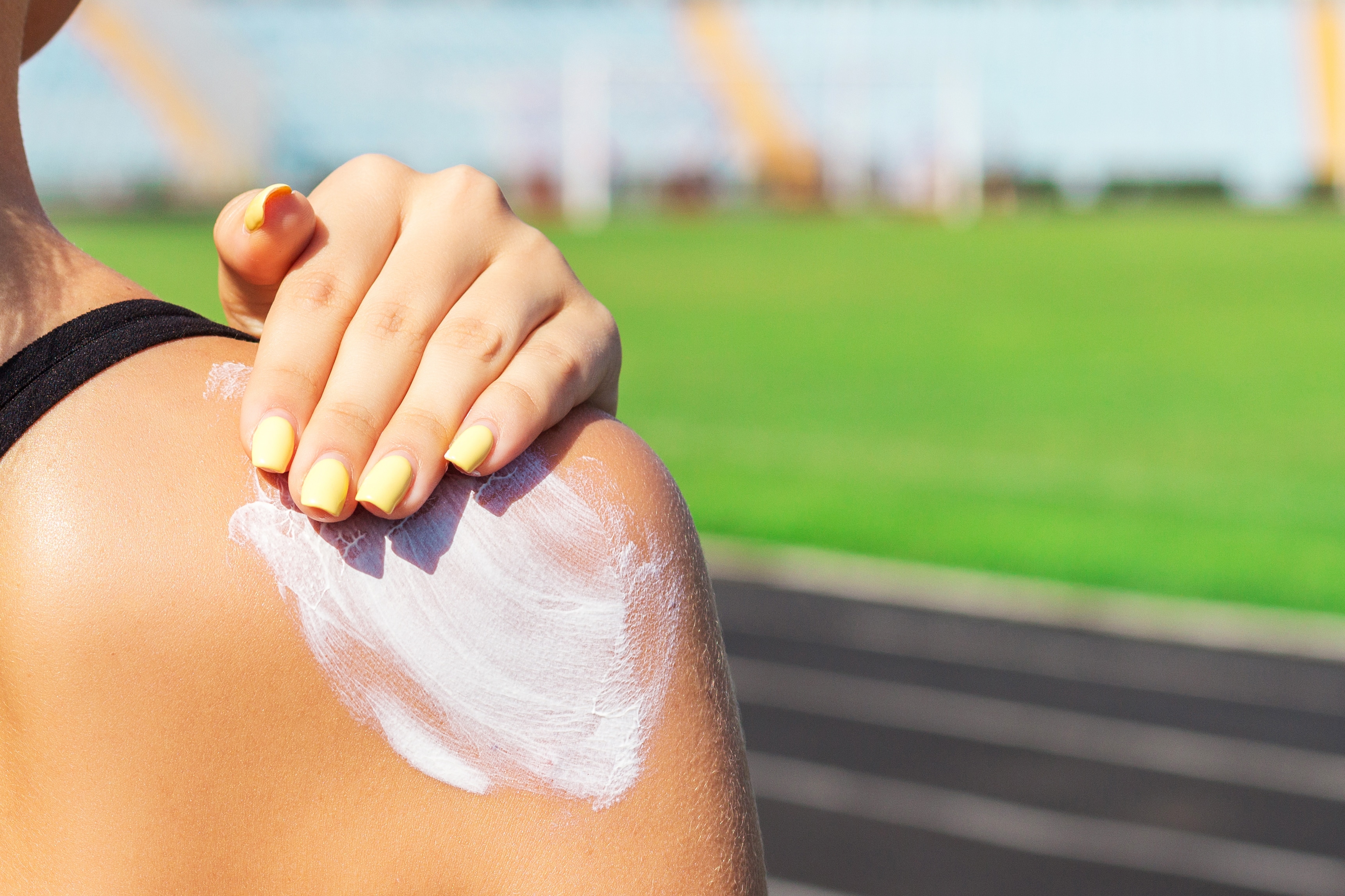
Valisure reported that 27% of the samples it tested contained detectable levels of benzene in aerosol sunscreen recall products, and the samples contained nearly three times the concentration limit set by the Food and Drug Administration of 2 parts per million.
Fourteen product batches with the highest contamination levels were sold across four different sunscreen recall brands including Neutrogena Ultra Sheer sunscreen, Neutrogena Beach Defense, Sun Bum, CVS Health, and Fruit of the Earth.
Benzene, the toxic chemical detected in these sunscreen recall products, is also found in cigarette smoke, gasoline, and paint thinners. Benzene is a known carcinogen (cancer-causing substance).
In July 2021, Johnson & Johnson Consumer Inc. (JJCI) voluntarily recalled specific Neutrogena and Aveeno aerosol sunscreen products due to the detection of benzene in some samples.
Products affected by this recall include:
NEUTROGENA Beach Defense Aerosol Sunscreen
NEUTROGENA Cool Dry Sport Aerosol Sunscreen
NEUTROGENA Invisible Daily Defense Aerosol Sunscreen
NEUTROGENA Ultra Sheer Weightless
AVEENO® Protect + Refresh Aerosol Sunscreen
Internal testing identified low levels of benzene in some samples of the products.
While benzene is not an ingredient in any of our aerosol sunscreen products, it was detected in some samples of the impacted aerosol sunscreen finished products. We are investigating the cause of this sunscreen recall, which is limited to certain aerosol sunscreen and after sun care products. – The U.S. Food and Drug Administration.
If you purchased any of these recalled products, you should:
- Stop Using the Product Immediately – Check the lot number on the packaging on Neutrogena’s website and Aveeno’s website.
- Continued use could expose you to benzene, which has been linked to serious health risks.
- Dispose of the Product Safely – Follow local disposal guidelines to prevent further contamination.
- Request a Refund or Replacement – Contact Johnson & Johnson’s Consumer Care Center at 1-800-458-1673 for compensation.
- Consult a Doctor if Needed – If you have health concerns related to benzene exposure, seek medical advice.
Statute of Limitations for Benzene Sunscreen Lawsuits
The time limit for filing a benzene sunscreen lawsuit varies by state, typically ranging from 1-4 years from either:
- The date of your diagnosis with a benzene-related condition.
- The date you reasonably discovered the connection between your illness and the contaminated sunscreen (under the “discovery rule” applied in many states).
Specific deadlines depend on your state of residence and the nature of your claim. Some states offer longer filing periods for cases involving cancer or other serious illnesses with extended latency periods.
It’s crucial to consult with an attorney as soon as possible after diagnosis to ensure you don’t miss these critical deadlines, as failing to file within the statute of limitations can permanently bar your right to seek compensation.
Related Article: Antiperspirant Deodorant Body Spray Suit
FAQs
1. How do I know if my sunscreen contains benzene?
To determine if your sunscreen contains benzene, check if your product is on the official recall list from manufacturers like Johnson & Johnson or against Valisure’s testing results. Manufacturers don’t list benzene as an ingredient as it’s a contaminant, not an intentional component. If concerned about unlisted products, consider switching to mineral-based sunscreens or lotions rather than aerosol sprays, which showed higher contamination rates in testing.
2. What should I do if I’ve been using a recalled sunscreen?
If you’ve been using a recalled sunscreen, stop using it immediately and dispose of it according to local hazardous waste guidelines. Contact your healthcare provider for guidance, especially if you experience symptoms like dizziness, rapid heart rate, or unusual bleeding/bruising. Document your product usage with photos, receipts, and usage history. Contact the manufacturer for refund information and consider consulting with an attorney if you have ongoing health concerns.
3. Can manufacturers be held accountable for other defects found during the sunscreen recall?
Yes, manufacturers can be held accountable for additional defects discovered during investigations. While the current recalls focus on benzene contamination, any other harmful substances or manufacturing defects identified could lead to expanded recalls and liability. Companies have a legal duty to ensure all aspects of their products are safe, and multiple claims can be included in a single lawsuit when appropriate.
4. What legal options are available if a loved one was harmed by recalled sunscreen products?
If a loved one was harmed by recalled sunscreen, you may have legal options including filing a personal injury lawsuit for serious health conditions or wrongful death claim if they passed away. You could seek compensation for medical expenses, lost income, pain and suffering, and funeral costs. Family members can often act as representatives in both individual lawsuits and class actions, with the specific rights varying by state law.
5. What types of cancer are most strongly linked to benzene exposure?
The cancers most strongly linked to benzene exposure are blood and bone marrow cancers, particularly acute myeloid leukemia (AML), which has the strongest scientific evidence for causation. Other closely associated cancers include chronic lymphocytic leukemia (CLL), multiple myeloma, and non-Hodgkin lymphoma. Research also suggests possible links to skin cancers through direct application of contaminated products, though the connection is still being investigated in ongoing studies.
6. Can I still join the lawsuit if I experienced mild issues with the recalled sunscreen products?
Yes, you may still qualify for legal action even with mild symptoms, especially if they’re consistent with benzene exposure. Class action lawsuits often include consumers with varying degrees of harm, from serious illness to economic losses from purchasing defective products. Document all symptoms through medical evaluation and keep evidence of product purchase. While compensation may be lower for mild cases, these claims remain important for holding manufacturers accountable.
See all related toxic tort lawsuits and product liability lawsuits our lawyers covered so far.
Get Your Free Sunscreen Cancer Lawsuit Evaluation With Our Lawyers
Time is limited to pursue legal action for injuries related to benzene-contaminated sunscreen.
Most states impose strict statutes of limitations ranging from 1-4 years from the date of diagnosis or discovery of the connection between your illness and the product, after which you may permanently lose your right to seek compensation.
Evidence crucial to your case, including purchase records, product packaging, and medical documentation linking your condition to benzene exposure, becomes more difficult to preserve as time passes.
With ongoing settlements and the evolving nature of these cases, delay could impact your ability to recover full compensation.
At Schmidt & Clark, LLP, we offer:
- Free, confidential consultations to evaluate your case
- No upfront costs or attorney fees
- Payment only if we win your case
- Experienced representation in complex product liability litigation
References:
- https://www.fda.gov/safety/recalls-market-withdrawals-safety-alerts/johnson-johnson-consumer-inc-issues-voluntary-recall-specific-neutrogenar-and-aveenor-aerosol
- https://dermatology.ca/sunscreens-benzene-exposure-risk/
- https://topclassactions.com/lawsuit-settlements/lawsuit-news/costco-class-action-lawsuit-and-settlement-news/costco-johnson-johnson-reach-class-action-settlement-over-carcinogenic-sunscreen-accusations/
- https://ehp.niehs.nih.gov/doi/full/10.1289/EHP10386
- https://www.consumernotice.org/legal/sunscreen-lawsuits/

 Published by
Published by 